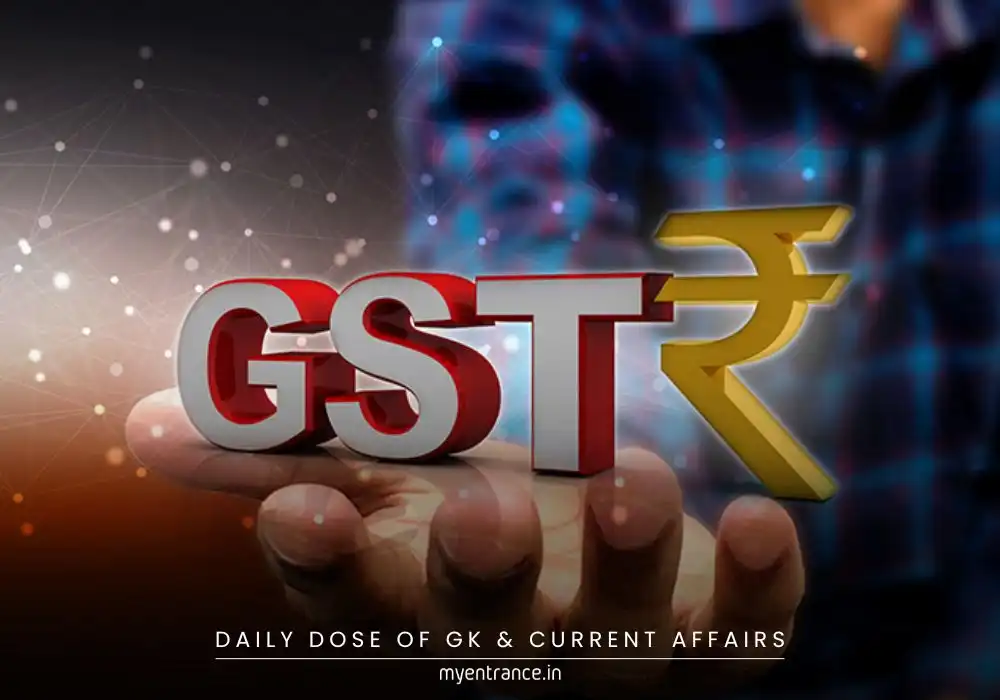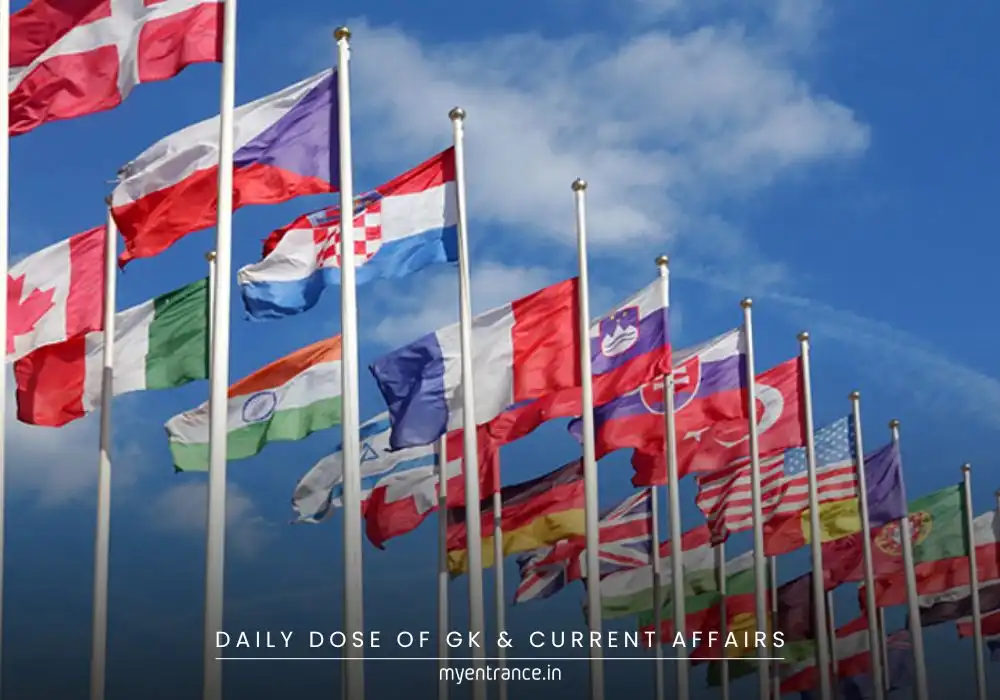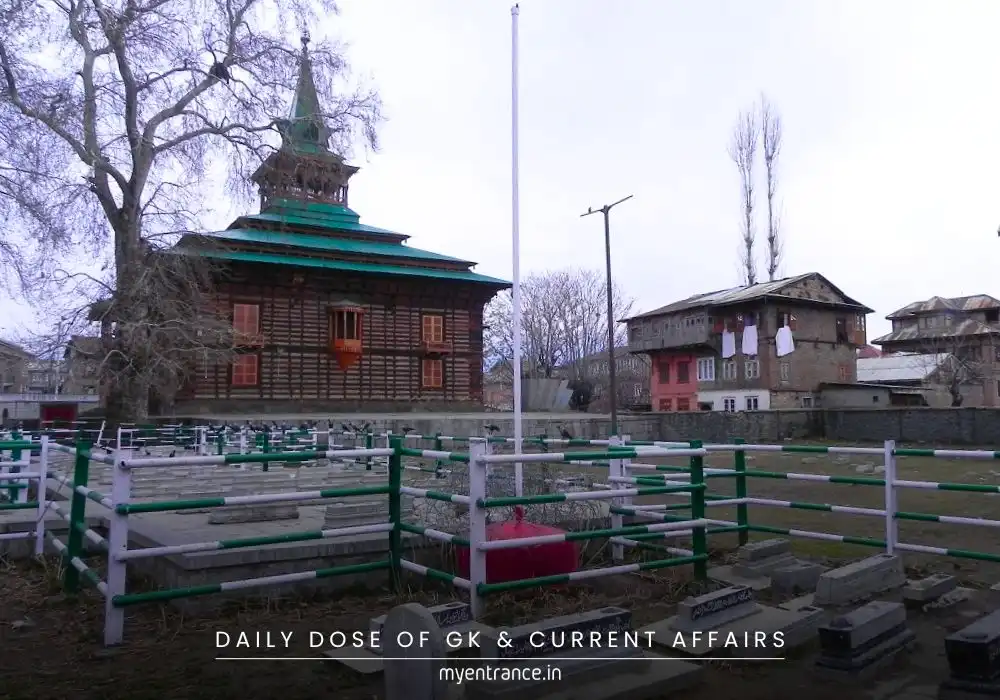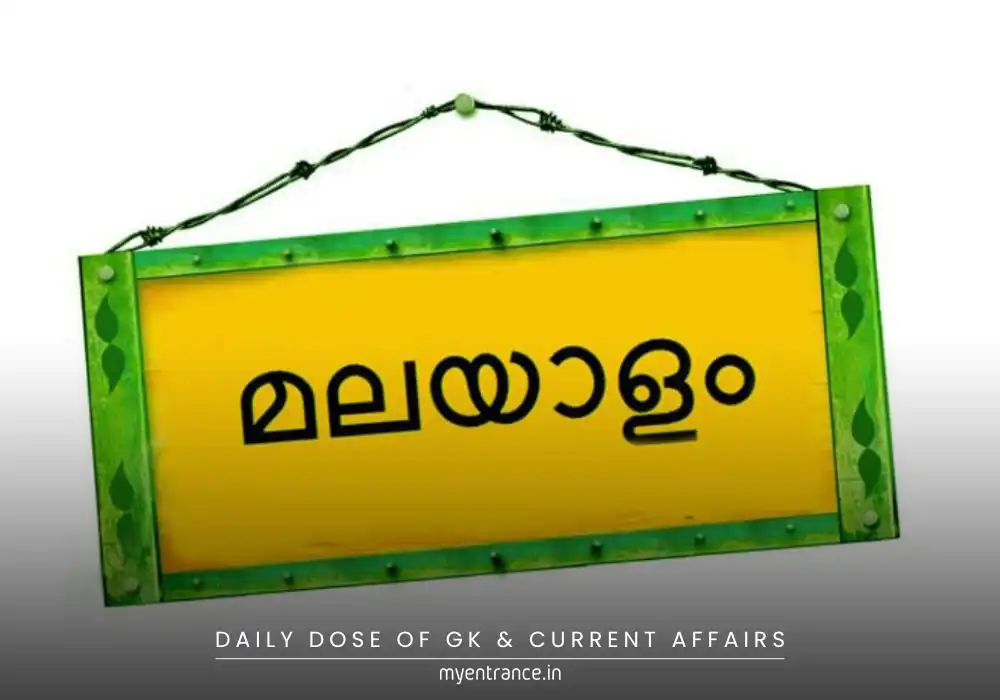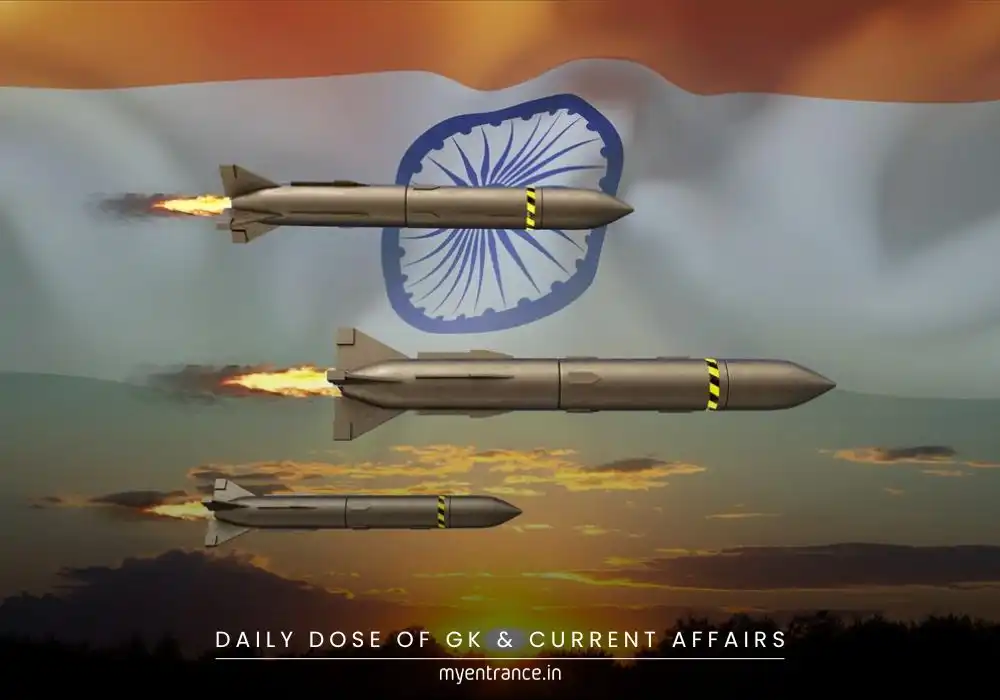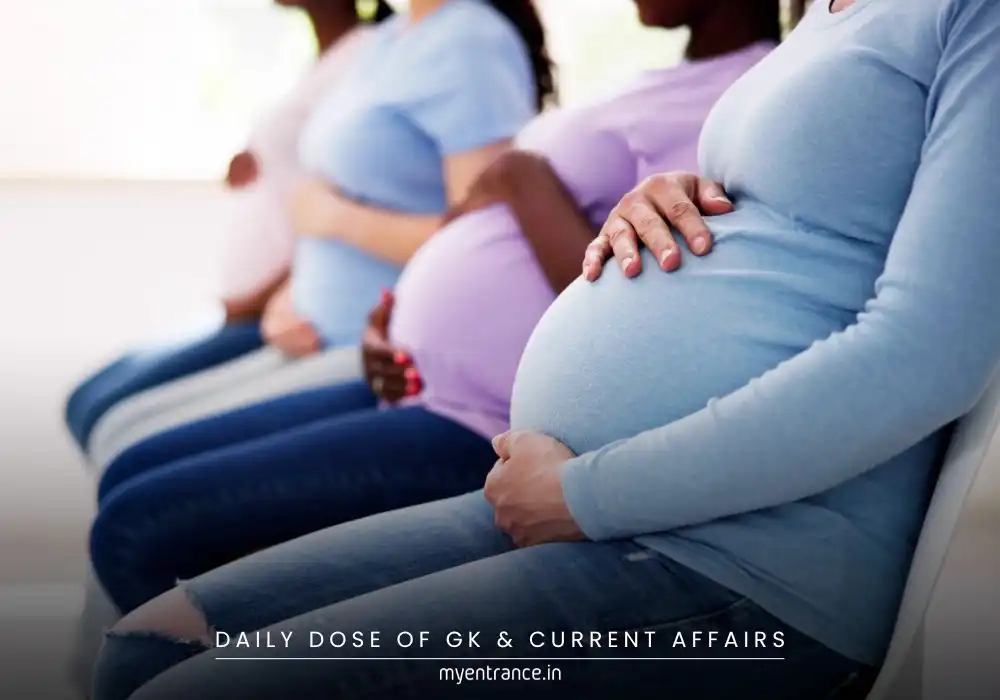Translate Language
Why the Rush? Opposition Questions EC’s Nationwide Electoral Roll Revision
The Election Commission (EC) recently instructed Chief Electoral Officers (CEOs) across India to prepare for a Bihar-like Special Intensive Revision (SIR) of electoral rolls. Opposition parties have criticized the move, questioning the urgency and lack of consultation. With the matter pending in the Supreme Court, the debate over electoral transparency and fairness intensifies.
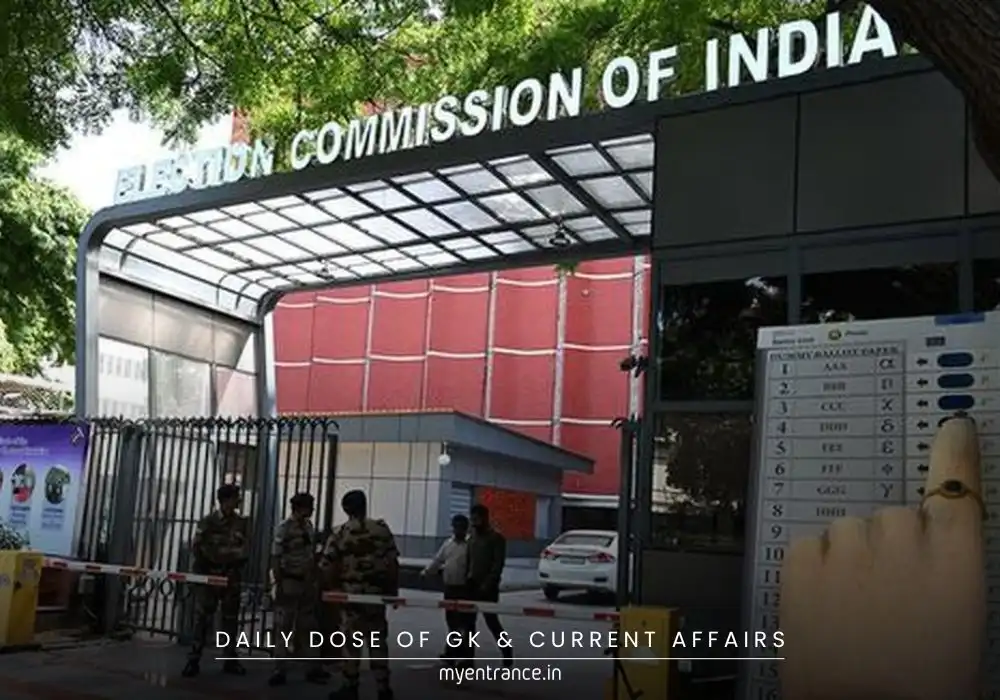
Opposition’s Stand on EC’s Nationwide Electoral Roll Revision
The Election Commission’s decision to initiate a nationwide Special Intensive Revision (SIR) of voter lists has drawn sharp criticism from opposition parties, including the Congress, TMC, and Left. Key concerns include:
Legal Implications: The matter is already sub judice in the Supreme Court, yet the EC proceeded with directives to all states.
Lack of Consultation: Opposition leaders argue that such a major exercise should involve discussions with political stakeholders.
Timing & Urgency: The EC’s July 5 directive came just a day after a petition was filed in the SC challenging Bihar’s SIR.
The Supreme Court, while hearing petitions on Bihar’s SIR, suggested that the EC consider Aadhaar, voter ID, and ration cards for verification. The next hearing is scheduled for July 28, but the EC has already asked states to begin preparations with January 1, 2026, as the qualifying date.
What is Special Intensive Revision (SIR)?
A hybrid approach combining door-to-door verification (like intensive revision) and summary revision techniques.
Conducted under Section 21(3) of the Representation of the People Act, 1950, giving the EC discretionary powers.
Aims to remove duplicate/ineligible voters while ensuring maximum enrollment.
Sample Questions & Answers for Competitive Exams
Q1: What is the main criticism of the Election Commission’s Special Intensive Revision (SIR)?
A1: Opposition parties argue that the EC should have waited for the Supreme Court’s decision before initiating a nationwide revision.
Q2: Under which legal provision does the EC conduct the Special Intensive Revision?
A2: Section 21(3) of the Representation of the People Act, 1950.
Q3: What documents did the Supreme Court suggest for voter verification?
A3: Aadhaar, voter ID, and ration cards.
Q4: Why are opposition parties against the EC’s hurried revision?
A4: They claim the move lacks transparency and proper consultation with political stakeholders.
Q5: What is the qualifying date set for the nationwide electoral roll revision?
A5: January 1, 2026.
Why is This Important for Competitive Exams?
This topic is crucial for exams like UPSC, SSC, PSC, and KAS because:
It covers Indian Polity (Election Commission’s role, Representation of People Act).
Tests understanding of judicial oversight in electoral processes.
Highlights current affairs related to democratic governance.
Helps in essay and answer writing on electoral reforms, transparency, and federalism.
Final Thoughts
The EC’s move to revise electoral rolls nationwide has opened a political and legal debate. While the intent is to ensure cleaner voter lists, the opposition’s concerns about due process and judicial oversight cannot be ignored. Aspirants must stay updated on this issue as it holds relevance for both Prelims and Mains examinations.
Get 3 Months Free Access for SSC, PSC, NIFT & NID
Boost your exam prep!
Use offer code WELCOME28 to get 3 months free subscription. Start preparing today!


